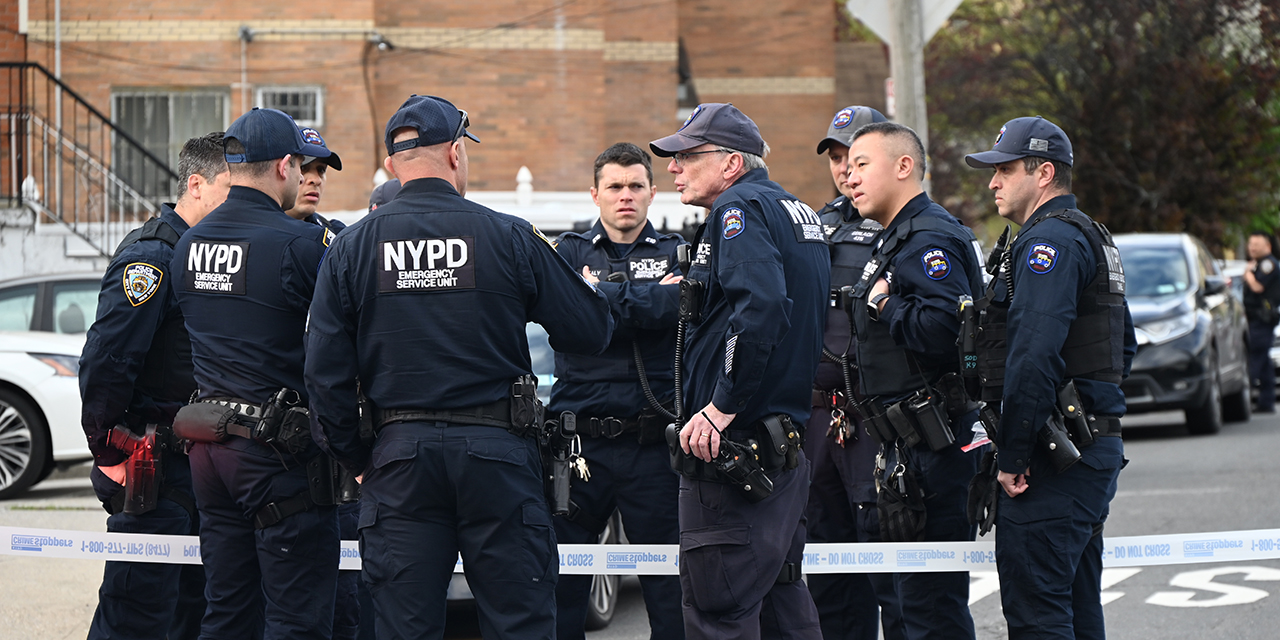Americans are losing trust and confidence in the Federal Bureau of Investigation. A June 2023 NBC News survey showed that only 37 percent of registered voters view the agency positively. The bureau’s declining reputation may not have to do with loss of confidence in its capabilities to disrupt terror plots, ferret out public corruption, and mitigate cyberattacks, however. Instead, the problem seems to be Americans’ growing perception of selective application and enforcement of the law. Four in five respondents in a July 2023 Trafalgar poll saw a “two-tiered system of justice,” in which “politicians and Washington D.C. insiders” receive better treatment than “everyday Americans.” Further, many Republicans believe that the Justice Department and FBI have targeted former president Donald Trump for investigation while handling President Joe Biden and his family with kid gloves.
Defunding or abolishing the bureau, as some advocate, would risk national security, while congressional hearings hosting the FBI director are a sideshow. Instead, the agency should focus on restoring its once-proud culture, which prized teamwork and a unified mission. Highlighting immutable differences among groups and allowing ideology to influence law enforcement, as the agency has more recently been accused of doing, irreparably harm those foundational precepts.
Retired FBI assistant director Chris Swecker observes that the FBI has undergone a “seismic shift in culture.” Though he describes the decision by then-director Robert S. Mueller III to bring noncareer FBI agents into headquarters as necessary after 9/11, he notes that Mueller’s successor, James Comey, introduced even more political appointees to assume oversight of FBI investigations. Meantime, Swecker notes, FBI recruits have become more educated, more opinionated, more idealistic—and more liberal. Instead of following the facts of a case, modern recruits are more prone to insert their opinions into investigations. Swecker blames “indoctrination” by the elite universities from which FBI agents increasingly have graduated.
This shift explains the FBI’s focus on identity politics. The agency now touts diversity as being “at the core of [its] mission.” Seeking to reflect the population of the nation it serves is commendable, but the FBI has, since the 1980s, used racial preferences in hiring, changing the scoring requirements for applicants based on their race. It also remains stubbornly committed to non-mission-focused priorities, from Diversity Advisory Committees to Employee Resource Groups. Nineteen splinter groups serve to fracture the workforce and reinforce awareness of identity and difference.
Federal law enforcement has suffered as a result. Consider some high-profile examples of ideological targeting and data manipulation. The Justice Department conflates angry parents at school board meetings and “domestic terrorists”; an intelligence product generated in the FBI’s Richmond field office warns of “radical-traditionalist” Catholics; an FBI whistleblower testifies about artificially inflated domestic terrorism data related to January 6 cases. All these examples suggest ideological corruption of the FBI’s core mission.
To reverse the downturn in public trust, the FBI should do more than merely discourage liberal groupthink. It should also implement structural reforms.
First, FBI headquarters should downsize. Investigations belong in the field, not in D.C. “Crossfire Hurricane”—the colossally flawed investigation into Trump’s alleged Russia links—is a case in point. Washington bloat can be further cut by eliminating the Mueller-created position of executive assistant director, an unnecessary senior management layer with no demonstrable value.
Another necessary reform relates to the long-standing policy of withholding comment related to ongoing investigations. The FBI understandably prefers to reveal facts after final court adjudications, but today’s 24/7 news cycle undermines this rationale. Accordingly, the director and deputy director—without revealing sources and methods or prejudging cases—should combat the circulation of erroneous information in a timelier fashion and demonstrate more transparency.
Finally, active-duty agents shouldn’t be permitted to serve in management roles in the FBI Agents Association (FBIAA). Describing itself as “a non-profit organization dedicated to advancing and safeguarding the careers, economic interests, conditions of employment and welfare of FBI agents and retired FBI agents,” the 40-year-old organization claims some 14,000 members. But in recent years, politics has seeped into the FBIAA’s actions. The association blamed the Trump administration on social media for a government shutdown, awarded controversial immunologist Anthony Fauci with its “distinguished service award” in October 2020, and rewarded six FBI agents—tasked with protecting federal buildings in Washington during the worst of the George Floyd unrest—with $100 gift cards for kneeling before a mob.
Evolution is a necessary component in any organization’s survival. But politicization—real or perceived—has eaten away at the FBI’s soul. We can wait no longer to begin addressing it.
Photo by Mindy Schauer,/Orange County Register via Getty Images






